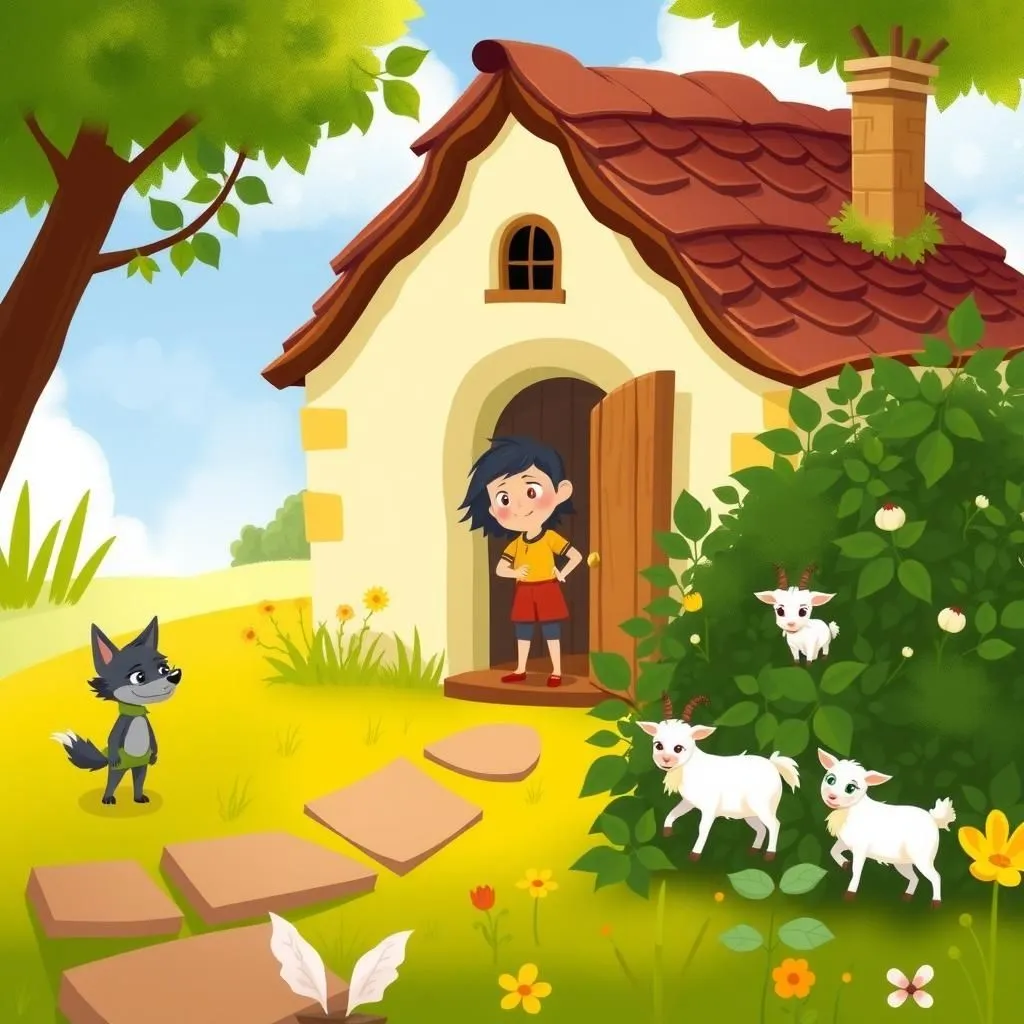
The Ass's Brains
In the unique moral story "The Ass's Brains," a Lion and a Fox deceive an Ass into a meeting under the pretense of forming an alliance, leading to the Lion capturing the Ass for dinner. While the Lion naps, the cunning Fox eats the Ass's brains and cleverly justifies his actions by claiming the Ass must have been brainless for falling into the trap. This tale, often included in top 10 moral stories, teaches valuable lessons about wit and the consequences of naivety, making it a fitting narrative for moral stories for class 7.


